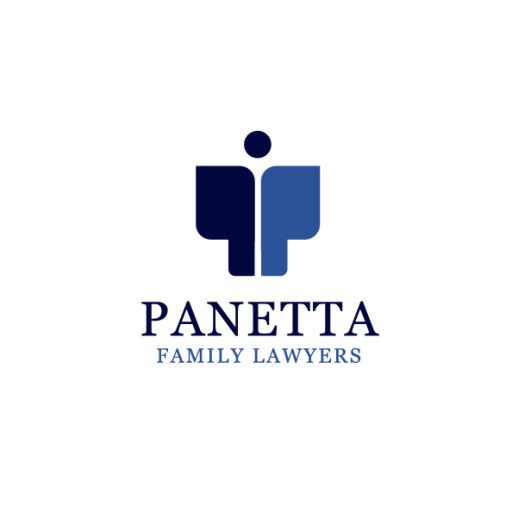
As difficult as it can be to consider death, it is important to take the time to plan ahead, ensuring that your estate is in order and that your wishes are clearly documented.
From Wills to Powers of Attorney and Enduring Guardianship, we can provide expert advice on the distribution of your assets, ensuring your family’s needs are accounted for and your financial obligations are taken care of.
Panetta Family Lawyers can assist in how to plan, manage and protect your assets both during your lifetime and on your death. It is important having peace of mind knowing you have a family member or friend to make decisions on your behalf if in the future you are unable to make these decisions for yourself.
Contact us if you require assistance with:
- Drafting or updating your will.
- Preparing powers of attorney which are documents where you can appoint someone to make financial and legal decisions on your behalf if you are unable (or unavailable) to do so for yourself.
- Preparing enduring guardians which is a document that enables you to appoint a person to make decisions about your medical care and other lifestyle choices if you happen to lose the capacity to make these decisions yourself.
Wills
By having a Will you stipulate exactly how your Estate (all your possessions and assets) is distributed and in what proportions. This will ensure what you have worked hard for goes to those you wish.
A will can also contain details of who will take legal guardianship of dependent children should something happen to both parents. This is usually someone you trust to raise your children in a similar way to how you are raising them, and someone who has the emotional and financial capacity to take on the responsibility.
Every person over the age of 18 should consider preparing a Will.
What happens if you die without a Will
If you die without a will, your assets may be distributed according to a statutory formula. It is then quite possible that your estate may go to people that you did not wish to and the costs to administer the estate, where there is no will, will be more.
Your will is automatically revoked, or made invalid, when you get married and on the day you are formally divorced by a Court. However, wills made in contemplation of marriage or divorce are valid. If you do not wish to make a will in this way, a new will must be made after you marry or divorce, otherwise you will die intestate.
Panetta Family Lawyers can assist in preparing or updating your will.
We will work with you to ensure your will reflects your current circumstances so that your estate is distributed according to your wishes.
It is estimated that nearly half of all Australians die without a will, or ‘intestate’. Don’t let this happen to you. Prepare a will today!
Estate Administration
When a family member or a loved one dies we can help you with sorting out their affairs and help you get through what is a very sad time.
We undertake the administration of the deceased’s estate with a view to ensuring that this process is carried out respectfully and quickly. This includes making application to the Supreme Court for the last Will to be approved for administration.
Assisting in collecting and managing the estate assets, paying any outstanding debts or moneys from the estate, helping to complete a tax return for the estate, and ultimately assisting with distribution of the estate to the named beneficiaries. We can also assist the personal representatives on any legal issues or matters that may arise during the administration of a deceased’s estate.
Our extensive range of Estate Administration services include:
- Making application to the Supreme Court for a formal grant of Probate or Letters of Administration where appropriate
- Ensuring that Trustees are fully aware of their legal obligations
- Advising executors in relation to potential claims that can be made against estates
- Asset distribution to beneficiaries in accordance with the wishes of the deceased as identified in their will, including the disposal of any assets that need to be realised
- Paying any outstanding expenses for the estate, such as costs relating to the funeral
- Administering any life tenancies or trusts that may have been created by the deceased’s will
Contact us to arrange a consultation with an experienced estate planning lawyer
